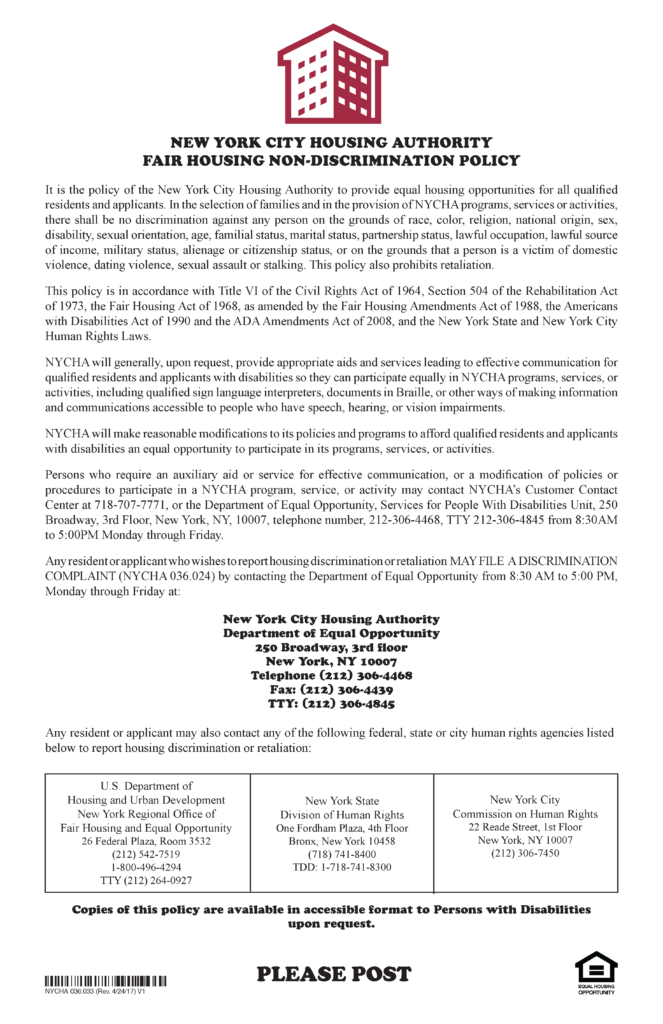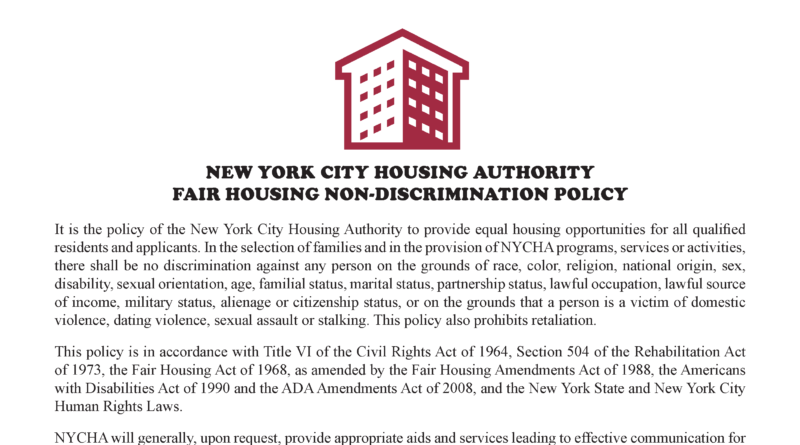The Fair Housing Act: 50 Years of Progress and Setbacks
April 11 marked the 50th anniversary of the Fair Housing Act, which made it illegal to deny any individual housing based on a person’s skin color, religion, or country of origin, protecting marginalized groups from discrimination in the housing market and providing them with equal opportunity to rent or purchase homes. Upon signing the act into law seven days after the assassination of Martin Luther King, Jr., President Lyndon Johnson said, “At long last, fair housing for all is now a part of the American way of life.”
Walter Mondale, who served as vice president from 1977-1981 and, as a senator, pushed the Fair Housing Act through Congress, recently explained that the Act was “Congress’s effort to remedy a great historical evil: the large-scale exclusion and isolation of blacks from white communities. In the Jim Crow South, white and black citizens were kept apart to confirm and reinforce the idea of white superiority. Residential segregation accomplished the same result elsewhere, but on a much larger scale. The Fair Housing Act was intended to prevent and reverse all this.” [NY Times 4/10/18]
According to the National Fair Housing Alliance, the law can do more than simply eliminate discrimination in housing – “it also helps to strengthen families, communities, businesses, and our overall economy. . . every community can be a place of opportunity where people can live in diverse, inclusive, accessible neighborhoods with quality schools, healthy foods, meaningful jobs, health care, green spaces, quality credit, and the other opportunities that frame and affect our lives.” [NFHA website]
Unfortunately, banking institutions and local governments found ways around the law. Exclusionary zoning laws discriminate against potential home owners based on income, which had a much greater impact on people of color – the very people the Fair Housing Act was enacted to help. By limiting housing to single family homes in specific areas, planners and bankers forced those who could only afford multifamily homes or apartments into increasingly crowded neighborhoods. Income segregation reinforced racial segregation and limited access to good jobs, transportation, and strong schools.
The Economic Policy Institute reports that African Americans have made significant advances in educational achievement, health, wealth, and wages since the Act was passed, but they still lag behind white Americans. Moreover, their home ownership rate in 2015 (41 percent) was absolutely unchanged from the rate in 1968. Unfortunately, outlawing discrimination was just the beginning of the effort to achieve equal opportunity. [Housing Wire website, 4/12/18]
Today, the U.S. Department of Housing and Urban Development, which is responsible for implementing the Fair Housing Act, is planning to change the text of the original law, removing anti-discrimination language and replacing it with a statement about the need for individuals to become self-sufficient.
Learn more about the Fair Housing Act through this short documentary film. NYCHA’s fair housing policy is also below.








